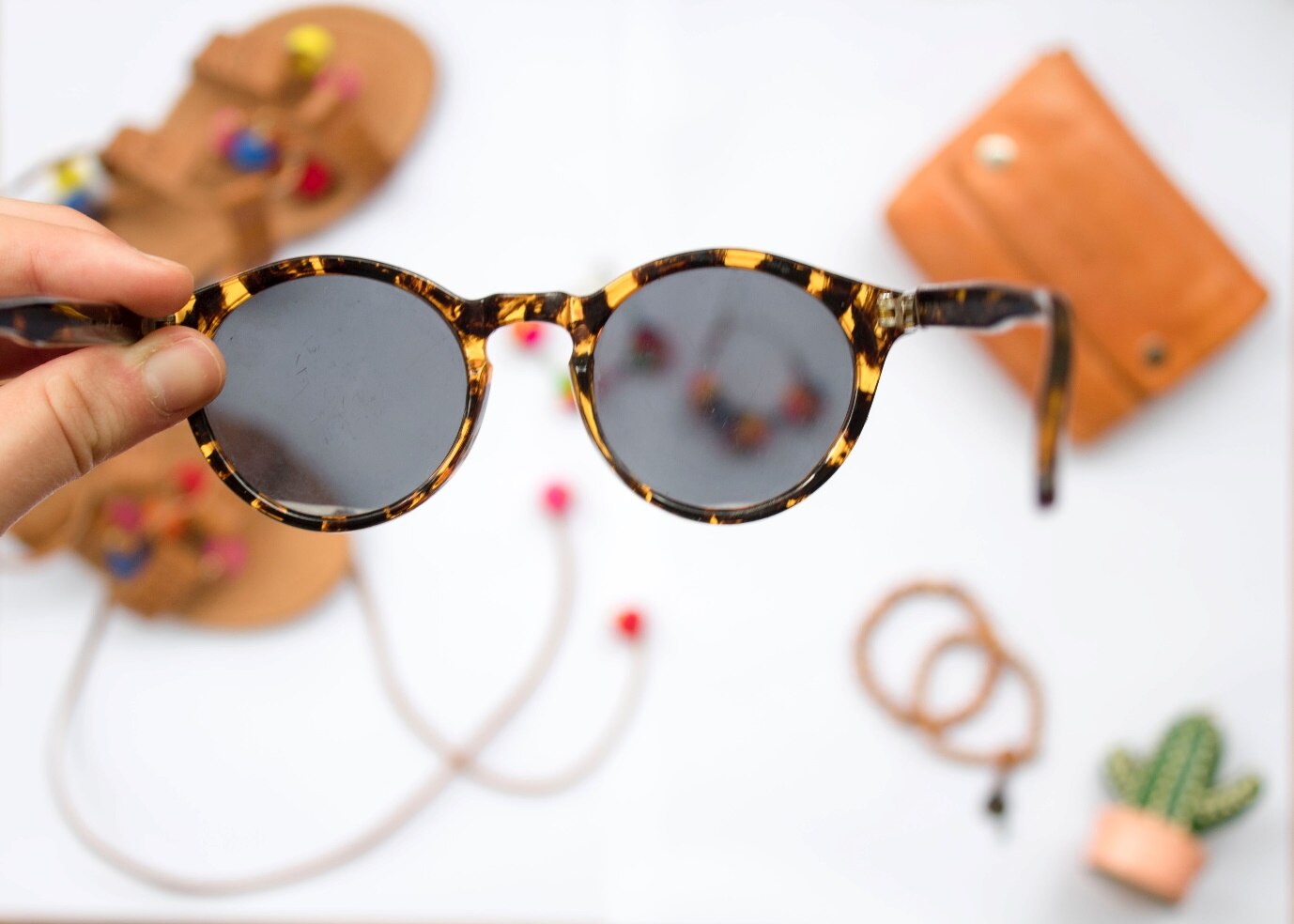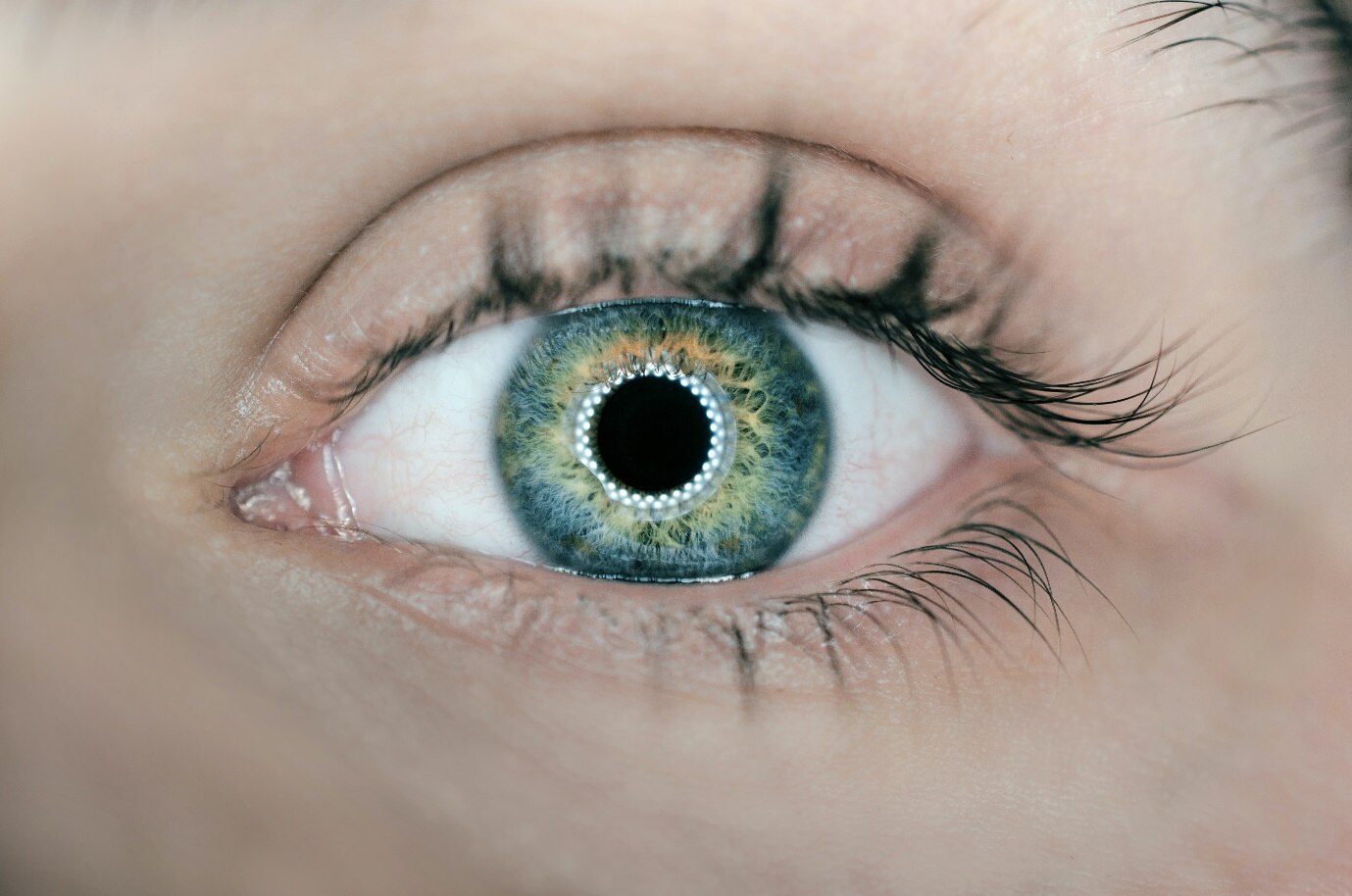Perhaps as a child, your mother or father insisted that you wear sunglasses, and perhaps as an adult, you've asked yourself, "Why do I need to wear sunglasses?"
As a fashion item, sunglasses have several eye-healthy advantages. Reduce glare, reduce eye disorders, and improve eyesight with the help of these products. You should get a decent pair of sunglasses and use them every day for the following reasons.
The dark side of the sun
Summer is the best time of year to enjoy a day at the beach or pool. In our opinion, it doesn't get much better than this. You're ready for a day in the sun when you have sunscreen (with an SPF of at least 30) and an ice-cold beverage in your hand.
Unprotected eyes exposed to the sun can have long-term health consequences, which many people are unaware of. There are a number of health dangers to be aware of before embarking on your next outdoor expedition, ranging from cataracts to sunburn (yes, even your eyes may burn).
Sunburn: The sun's rays may harm your eyes in the same way that they might harm your skin. You may call it photokeratitis, which is inflammation of the cornea, the transparent coating on the front of the eye if you'd want to get a little more technical. It's a safe bet that your eyes have been damaged by the sun's rays after a long day in the sun without proper eye protection. Thus, practising self-care must be your priority at any stage of life.
Cataracts: It is the muddying of the lens of the eye, which is the clear section of the eyeball responsible for concentrating light or pictures on the retina to let us see clearly. If the lens is clear (without a cataract), we perceive sharp pictures; if the lens is clouded (with a cataract), we experience indistinct images.
Sunglasses: The Science Behind them

There's a lot more to those shades than just keeping you cool. Keeping your eyes safe from the light is their primary responsibility. Is there any other way? The answer is simple: science.
The greatest sunglasses are made up of a variety of components that work together to shield your eyes from the sun's harmful rays. Those characteristics are what we're here to discuss.
Mirror coating: The first line of defence in the fight against UV radiation damage to your eyes is a mirror coating on your sunglasses. To help you see better in low-light circumstances, mirrors are utilized to reflect light away from your eyes. This not only prevents squinting and eyestrain (and the severe headache as a result), but it also filters out the damaging sunlight.
UV coating: When it comes to decent sunglasses, UV protection is the deciding factor. UV coating can be applied to your plastic lenses to protect your eyes from harmful rays, just like sunscreen protects your skin from damaging UV rays. Your ophthalmologist can help you decide which type of polycarbonate glasses is best for your needs. At the same time, you must know how to protect your eyes from screens and avoid unnecessary UV exposure.
Polarized lenses: There's a lot of talk about polarisation these days, and it's a good thing. It's fairly uncommon to have your vision impaired while visiting a lake or ski resort due to light refraction off the water or snow. Polarized light is what's causing the glare and reducing visibility in this case. While polarised glasses do not protect against harmful UV rays, they do filter out and prevent reflected light, making driving and other outdoor activities safer.
Anti-reflective (AR) coating: In order to prevent light from refracting off the sunglasses' backs, AR coatings assist in lowering glare and providing a sharper image when wearing them.
It's possible to locate sunglasses that have all these crucial attributes in one pair, so do some research before your next buying trip.
Why should you choose sunglasses?
Eyes are shielded from the elements with sunglasses.

It doesn't matter if you're skiing down a mountain, relaxing on a tropical beach, or bicycling down a gravel road; sunglasses may make all the difference. Eye irritation and corneal scratching can be caused by sand, wind, and dust.
You'll be able to see more and enjoy the view more than otherwise.
The health benefits of wearing sunglasses outweigh the benefits for your eyesight. Improved colour contrast and reduced glare allow you to see more clearly in the outdoors or while driving.
Headaches and migraines can be avoided.
Daily migraine and severe headache sufferers may find that exposure to bright sunlight is a significant trigger. Wearing sunglasses protects your eyes from sunburn while yet allowing you to enjoy the outdoors.
Preventing sun-related eye disorders is much easier by using sunglasses.
Cataracts, macular degeneration, and pterygium can all be the result of too much time in the sun's UV radiation. If you have cataracts, your eyesight will become hazy; if you have macular degeneration, your central vision will be lost.
You'll be able to see more and appreciate the scenery more than you would otherwise.
Wearing sunglasses not only keeps you safe from the sun's harmful rays, but they also improve your vision in bright light. Improved colour contrast and reduced glare allow you to better appreciate your surroundings or drive more safely.